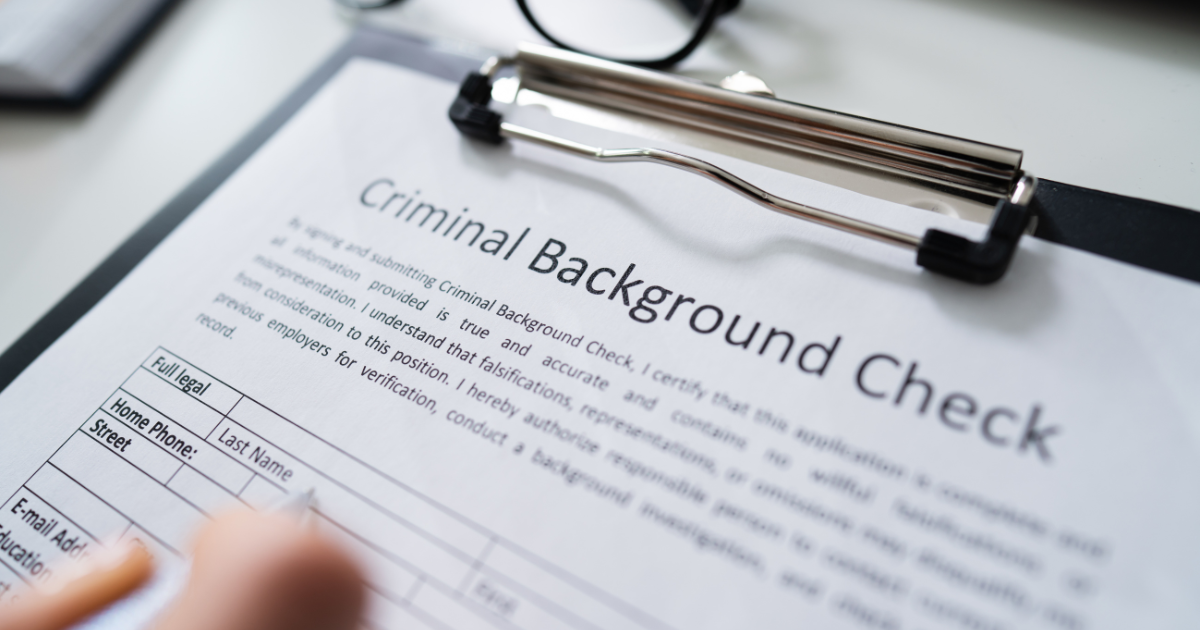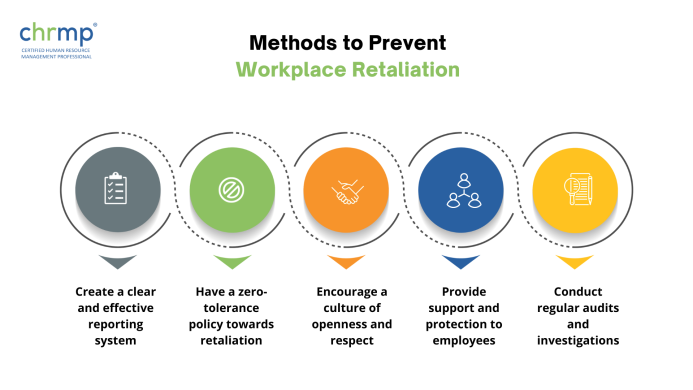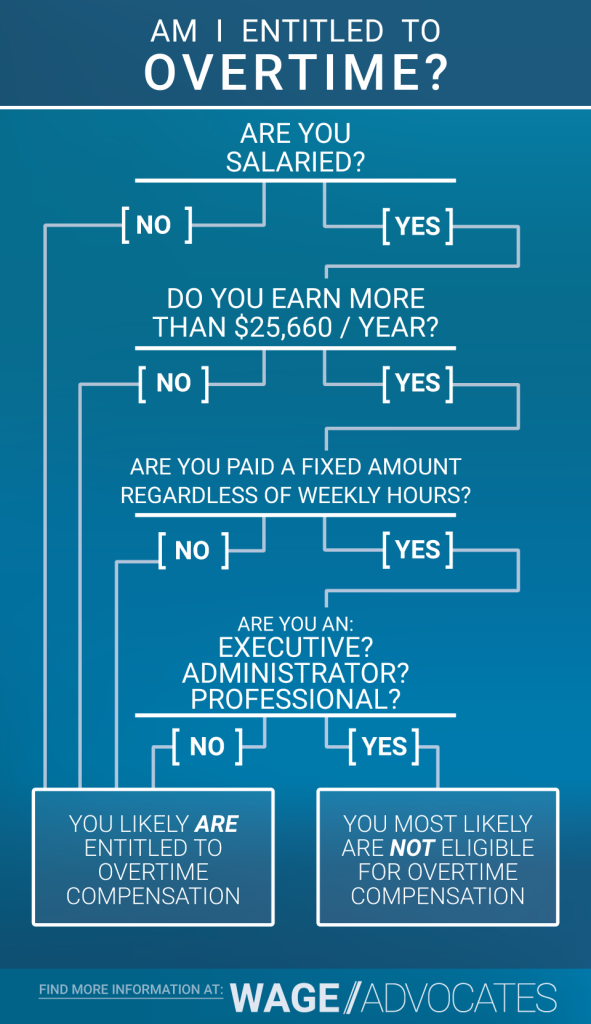
How to Conduct a Legal Background Check: A Beginner’s Guide to Safe & Compliant Searches
In today’s interconnected world, making informed decisions is more crucial than ever, whether you’re hiring a new employee, screening a potential tenant, or even considering a new relationship. A legal background check can provide valuable insights, helping you protect yourself, your business, and your loved ones.
However, the world of background checks isn’t a free-for-all. There are strict laws and ethical considerations designed to protect individual privacy and prevent discrimination. Navigating these rules can seem daunting, especially for beginners.
This comprehensive guide will demystify the process, explaining how to conduct a legal background check safely, effectively, and compliantly. We’ll cover everything from understanding key laws to choosing the right method and interpreting your results.
Understanding the "Why": Reasons to Conduct a Legal Background Check
People conduct background checks for a variety of legitimate reasons, each with its own legal nuances:
- Employment Screening: This is perhaps the most common use. Employers use background checks to verify a candidate’s qualifications, work history, and to ensure they don’t have a criminal record that would pose a risk to the workplace or other employees.
- Tenant Screening: Landlords often perform background checks to assess a prospective tenant’s financial responsibility (credit history), rental history, and criminal record to protect their property and other residents.
- Business Partnerships: Before entering into a significant business venture, partners may conduct checks to verify reputations, financial stability, and legal standing.
- Personal Safety & Relationships: While less formal, individuals might perform checks (within legal limits) to verify information about nannies, caregivers, or even new romantic interests for personal safety.
- Volunteer Screening: Organizations working with vulnerable populations (children, elderly) often conduct background checks on volunteers to ensure safety and trustworthiness.
Important Note: The purpose of your background check will heavily influence what information you can legally access and the steps you must follow.
The Cornerstone of Legality: Understanding Key Laws
Before you even think about starting a search, it’s vital to grasp the legal framework governing background checks. Ignoring these laws can lead to serious penalties, lawsuits, and damage to your reputation.
1. The Fair Credit Reporting Act (FCRA)
The FCRA is the most important federal law governing background checks in the United States, especially when they are used for employment, housing, insurance, or credit decisions. It protects consumers by regulating how consumer reporting agencies (CRAs – the companies that provide background check services) collect, use, and disseminate your information.
Key FCRA Requirements for Users of Background Checks (You, the Employer/Landlord):
- Permissible Purpose: You must have a legitimate, FCRA-defined reason to request a background check.
- Disclosure and Authorization: You must clearly disclose to the individual that you intend to obtain a background report. This disclosure must be in a stand-alone document. The individual must then provide written consent before you can proceed.
- Pre-Adverse Action Notice: If you intend to take "adverse action" (e.g., deny employment, reject a rental application) based on information in the report, you must first provide the individual with:
- A copy of the background report.
- A copy of "A Summary of Your Rights Under the FCRA."
- This gives the individual an opportunity to review the report, dispute any inaccuracies, or provide an explanation.
- Adverse Action Notice: After a reasonable waiting period (typically 5 business days), if you still decide to take adverse action, you must send a final adverse action notice. This notice must include:
- The name, address, and phone number of the CRA that supplied the report.
- A statement that the CRA did not make the decision and cannot explain why the adverse action was taken.
- Notice of the individual’s right to dispute the accuracy or completeness of the report with the CRA.
- Notice of the individual’s right to obtain a free copy of the report from the CRA within 60 days.
2. State and Local Laws
Many states and cities have their own laws that add to or modify the FCRA. These often include:
- "Ban the Box" Laws: These laws restrict employers from asking about an applicant’s criminal history on job applications, often delaying the inquiry until later in the hiring process (e.g., after a conditional job offer).
- Specific Restrictions on Information: Some states limit what criminal history (e.g., very old convictions, arrests not leading to conviction) can be used for employment or housing decisions.
- Credit Check Restrictions: Some states restrict or prohibit employers from using credit checks for certain types of jobs.
- Drug Testing Regulations: Rules around drug testing vary by state.
3. Privacy Laws
Beyond FCRA, general privacy principles apply. You cannot illegally access private information, harass individuals, or use information obtained for purposes other than what was disclosed and consented to.
What Information Can a Legal Background Check Uncover?
The scope of a background check depends on its purpose and the type of service used. A comprehensive check might include:
- Criminal Records:
- Felonies and misdemeanors (convictions, arrests, pending charges).
- Sex offender registry checks.
- Federal and state criminal databases.
- Credit History: (Requires specific consent, primarily for financial decisions like housing or certain financial jobs)
- Credit scores, payment history, bankruptcies, liens, judgments.
- Employment Verification:
- Previous employers, job titles, dates of employment.
- Education Verification:
- Degrees obtained, attendance dates, institutions.
- Driving Records (MVR – Motor Vehicle Records):
- Traffic violations, license status, accidents (relevant for jobs requiring driving).
- Civil Records:
- Lawsuits (plaintiff or defendant), judgments.
- Identity Verification:
- Verification of name, date of birth, Social Security Number (SSN).
- Professional Licenses:
- Verification of active licenses and any disciplinary actions.
What a Background Check DOES NOT Typically Include (Legally or Practically):
- Medical records (protected by HIPAA).
- Genetic information.
- Banking account numbers.
- Information about religious or political affiliations, unless publicly disclosed by the individual.
- Most social media activity, unless it’s publicly available and relevant to the job (and even then, use with extreme caution due to discrimination risks).
DIY vs. Professional Services: Which Path is Right for You?
When it comes to conducting a background check, you generally have two main options: doing it yourself or hiring a professional Consumer Reporting Agency (CRA).
1. Do-It-Yourself (DIY) Background Checks
Pros:
- Cost-Effective: Often free or low-cost.
- Immediate Access: Some public records are instantly available online.
Cons:
- Incomplete: You’ll only access publicly available information, which is often fragmented and not comprehensive. You cannot access FCRA-regulated data like full credit reports or comprehensive criminal histories without specific credentials.
- Time-Consuming: Requires significant time to search various databases, court websites, and registries.
- Legal Risks: Without proper training, you risk violating FCRA or state laws, especially if using information for employment or housing.
- Accuracy Issues: Public records can be outdated, inaccurate, or belong to someone with a similar name. You lack the tools for proper verification.
- Discrimination Risks: You might inadvertently collect information that leads to discriminatory practices (e.g., seeing protected characteristics in social media).
What You CAN (Legally) Do Yourself (with Caution):
- Public Court Records: Many county and state court websites offer online search portals for civil and criminal cases. However, these are often limited to specific jurisdictions.
- Sex Offender Registries: National and state sex offender registries are publicly accessible.
- Department of Corrections Websites: Some state prison systems allow you to search for current and former inmates.
- Professional Licensing Boards: Verify licenses for doctors, lawyers, etc.
- Social Media & Google Searches: You can look at public profiles, but use this very cautiously to avoid discrimination and privacy violations. Do not "friend" or try to gain access to private information.
When DIY is Appropriate: For very casual, personal inquiries where FCRA compliance isn’t a factor (e.g., checking on a neighbor, confirming a public claim), and you understand the limitations. It is generally NOT appropriate for employment, tenant, or volunteer screening.
2. Professional Background Check Services (CRAs)
Pros:
- FCRA Compliant: Reputable CRAs are experts in FCRA and state laws, ensuring your checks are legal and compliant.
- Comprehensive & Accurate: They have access to vast databases, conduct thorough searches, and cross-reference information for accuracy.
- Efficiency: They handle the complex search process quickly, saving you time.
- Risk Mitigation: They help you avoid legal pitfalls, discrimination claims, and costly lawsuits.
- Verification: They often directly contact employers, educational institutions, and licensing boards to verify information.
Cons:
- Cost: There is a fee associated with professional services, which varies based on the depth of the check.
When to Use Professional Services:
- Any employment-related decision (hiring, promotion, retention).
- Tenant screening for rental properties.
- Volunteer screening for organizations.
- Any situation where FCRA or similar laws apply.
- When you need accurate, verified, and comprehensive information.
How to Choose a Reputable CRA:
- Accreditation: Look for accreditation from industry bodies like the Professional Background Screening Association (PBSA).
- FCRA Compliance: Ensure they explicitly state their commitment to FCRA compliance.
- Customer Support: Good support is crucial for questions and navigating results.
- Pricing & Packages: Compare different packages and ensure they meet your specific needs.
- Reviews & References: Check online reviews and ask for references.
Step-by-Step Guide to Conducting a Legal Background Check
Here’s a practical, step-by-step approach to conducting a legal background check, focusing on best practices and compliance.
Step 1: Define Your Purpose Clearly
Before anything else, clarify why you are conducting the background check. This determines the legal requirements and the scope of the information you can seek.
- Example: "I need to screen a potential tenant to ensure they can pay rent and don’t have a history of property damage or relevant criminal convictions."
Step 2: Understand and Fulfill Legal Requirements (Crucial!)
Based on your purpose, identify which laws apply (FCRA, state laws, "Ban the Box," etc.).
-
For FCRA-Regulated Checks (Employment, Housing, etc.):
- Provide Disclosure: Give the individual a clear, stand-alone written notice that you will obtain a background report.
- Obtain Written Authorization: Get the individual’s signed consent to conduct the check. Without this, proceeding is illegal.
- "Ban the Box" Compliance: If applicable, ensure you are not asking about criminal history too early in the process.
-
For Non-FCRA Regulated Checks (e.g., personal inquiries): While not legally required, it’s still ethical and often wise to inform the person you are looking into publicly available information about them.
Step 3: Choose Your Method (DIY vs. Professional)
- If FCRA applies: Always choose a reputable professional background check service (CRA). They are equipped to handle the legal complexities and provide compliant reports.
- If FCRA does NOT apply and your needs are simple: You might consider limited DIY searches of public records. Be aware of the limitations and risks.
Step 4: Gather Necessary Information About the Individual
To ensure accurate results, you’ll need identifying information. The more complete and accurate the information, the better the search results.
- Full Legal Name: Including any maiden names or aliases.
- Date of Birth (DOB): Crucial for differentiating individuals with similar names.
- Social Security Number (SSN): Essential for credit checks and highly recommended for comprehensive identity verification and criminal record searches (especially for professional services).
- Current and Previous Addresses: Helps narrow down criminal records to specific jurisdictions.
- Consent Form: The signed authorization form.
Step 5: Initiate the Search
- Using a Professional CRA:
- Submit the individual’s information and signed consent form to your chosen CRA.
- Select the specific type of background check package you need (e.g., basic criminal, criminal + credit, employment verification, etc.).
- The CRA will conduct the search and provide you with a report, usually within a few business days.
- Performing DIY Public Records Search:
- Visit relevant public court websites (county, state, federal).
- Search national and state sex offender registries.
- Check professional licensing boards.
- Remember: This is piecemeal and often incomplete.
Step 6: Review and Interpret the Results Carefully
Once you receive the report, review it thoroughly.
- Verify Identity: Ensure the information in the report matches the individual you are screening.
- Focus on Relevance: Only consider information that is directly relevant to your purpose. For example, a minor traffic ticket might not be relevant for a financial analyst position, but a conviction for embezzlement certainly would be.
- Look for Red Flags: Consistent financial instability (for tenants), violent criminal history (for employees), or discrepancies in provided information.
- Understand Limitations: A "clear" report doesn’t mean there’s no history, just no found history in the checked databases. DIY checks are particularly prone to missing information.
Step 7: Take Action (Compliantly!)
This is arguably the most critical step, especially if the background check reveals concerning information.
- For FCRA-Regulated Decisions (Employment, Housing):
- Pre-Adverse Action Notice: If you are considering not hiring/renting based on the report, you must send a Pre-Adverse Action Notice (including the report and FCRA rights summary).
- Waiting Period: Give the individual a reasonable time (typically 5 business days) to review the report, dispute inaccuracies, or provide an explanation.
- Adverse Action Notice: If, after the waiting period, you still decide to take adverse action, send the final Adverse Action Notice.
- For Non-FCRA Regulated Decisions: While no formal process is required, it’s good practice to be transparent and, if possible, offer the individual a chance to explain any concerning findings.
- Document Everything: Keep detailed records of your disclosure, consent forms, the background report, and all communication regarding adverse action notices.
Common Pitfalls to Avoid
- Ignoring FCRA and State Laws: This is the biggest mistake. Always assume FCRA applies if you’re using the information for employment, housing, credit, or insurance.
- Lack of Proper Consent: Don’t skip the disclosure and authorization steps. Oral consent is not enough for FCRA-regulated checks.
- Using Outdated or Inaccurate Information: Relying on old or unverified data can lead to unfair decisions and legal challenges.
- Discrimination: Do not use background check information to discriminate based on race, color, religion, sex, national origin, age, disability, or genetic information. Be consistent in your screening process.
- Over-reliance on DIY for Regulated Purposes: DIY checks are almost never sufficient or legally compliant for employment or tenant screening.
- Misinterpreting Results: A criminal record doesn’t always mean someone is a threat. Consider the nature and severity of the offense, how long ago it occurred, and its relevance to the position/housing.
Conclusion
Conducting a legal background check is a powerful tool for making informed and safe decisions. However, it’s a process that demands respect for privacy, adherence to strict legal guidelines, and a commitment to fairness.
By understanding the FCRA and relevant state laws, choosing reputable professional services when appropriate, and diligently following the step-by-step process, you can confidently and legally uncover the information you need. Remember, the goal is always to make responsible choices while upholding the rights and privacy of others. When in doubt, always consult with legal counsel experienced in background check compliance.




Post Comment